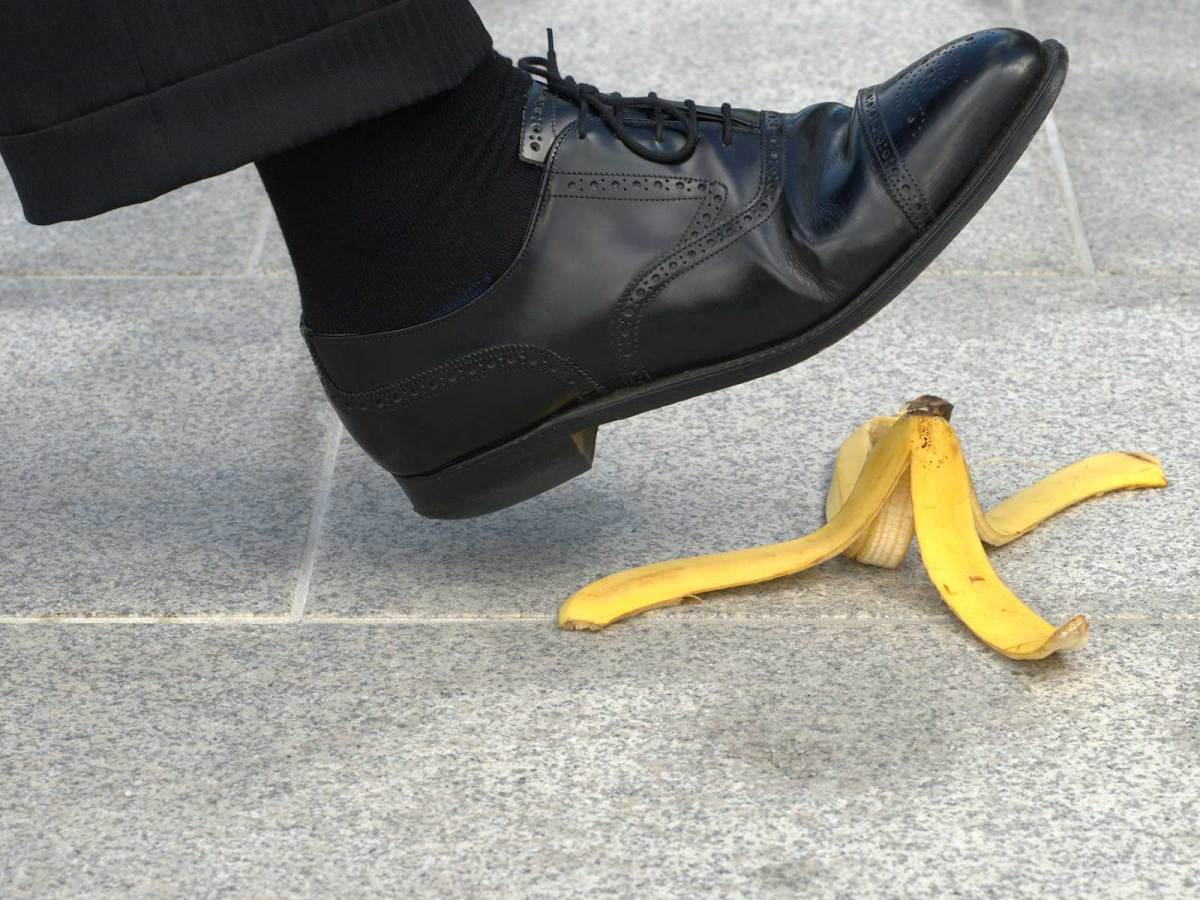Harvey Norman’s annual report to shareholders, released this week, outlines three major obstacles the retail giant has identified as being a potential threat to another strong year of sales and profit growth. The retailer, which operates the Harvey Norman, Domayne and Joyce Mayne retail brands and has 677 franchisees in Australia, as well as 82 company owned stores, along with overseas retail operations in Singapore, Ireland, the United Kingdom and Slovenia.
For the 2014 financial year, the company recorded a profit after tax of $211 million, which was a significant improvement from the year prior ($142 million), and revenues totaled $7.3 billion, up around $300 million from the 2013 financial year.
Despite this excellent performance in what is broadly regarded as a challenging retail environment, the company is cognisant of potential snags that may lay in its future. Although these hurdles are specific to Harvey Norman, they have general application to the whole retail consumer electronics industry.
Broad Economic Deterioration
Retailers like Harvey Norman have little to no control over the major macroeconomic fluctuations that can drive interest rates up, slowing down the property market, or push exchange rates in the wrong direction (if the Aussie dollar is too high, overseas online purchases become very attractive; too low and the cost to import stock means higher prices or lower margins). Harvey Norman also notes that “political instability…and regulatory policies” have the power to adversely affect consumer confidence.
Competition and Discounting
Although Harvey Norman reports that the fierce price-based rivalry between various retail brands has eased, dealers that are highly focused on AV categories are likely to continue experiencing rapid price and margin erosion. The solution, Harveys says, is to diversify into homemaker categories, where there a rare stability still pervades. Another workaround that has gained in popularity over the past 18 months — and perhaps this has contributed to the easing of price erosion — is to offer exclusive models of only slightly different products, usually flat screen TVs, so that consumers can’t play the retailers off against each other. If the model number of a TV at Bing Lee is different to the one stocked by Harvey Norman — even if they are essentially the same TV — the retailers need not be pushed into matching the lower priced unit.
New Competitors and New Channels
Earlier this year, in AR’s Influencers series, GfK’s Gwenno Hopkin said, “The entry of a big, international, online retailer, for example, could significantly change the local retail landscape we know today,” and labelled this the biggest threat to the industry. Harvey Norman agrees that the arrival of an Amazon, John Lewis or Habitat could have a deleterious affect on its market share. Every small appliance sold though recent entry Williams Sonoma, for example, is one not being sold at Harvey Norman. The company acknowledges this imminent threat and believes its fundations are strong enough to withstand a challenge. “The omnichannel strategy sets the Harvey Norman brand apart from other online and digital competitors as the digital, physical…and distribution channels are fully integrated, providing consumers with a multitude of options to meet their needs,” the company says.
Meanwhile, Harvey Norman chairman Gerry Harvey has told Heath Aston at Fairfax that it is “morally wrong” for large corporations to avoid paying their fair share of taxes; and the AAP reports that due to the strong performance of Harvey Norman over the past 12 months, its executives will be receiving significant pay bumps.

